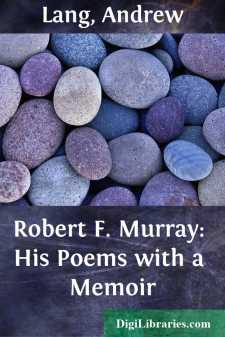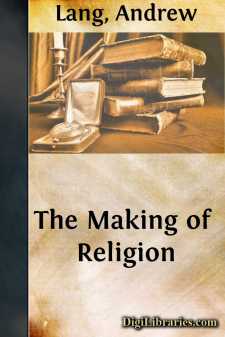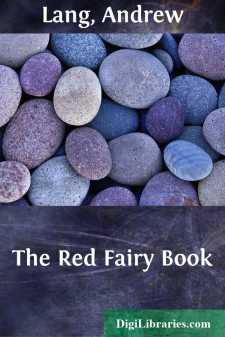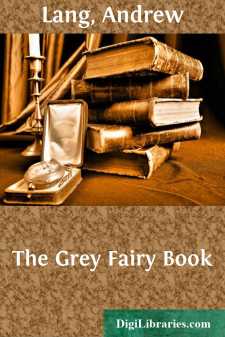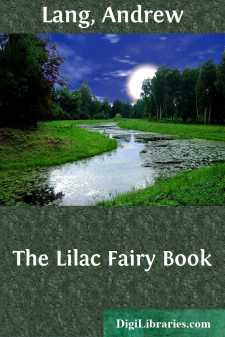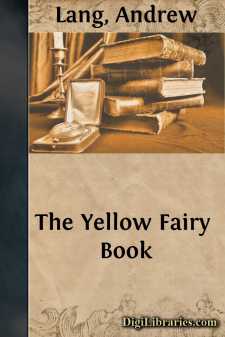Categories
- Antiques & Collectibles 13
- Architecture 36
- Art 48
- Bibles 22
- Biography & Autobiography 813
- Body, Mind & Spirit 141
- Business & Economics 28
- Children's Books 12
- Children's Fiction 9
- Computers 4
- Cooking 94
- Crafts & Hobbies 4
- Drama 346
- Education 46
- Family & Relationships 57
- Fiction 11826
- Games 19
- Gardening 17
- Health & Fitness 34
- History 1377
- House & Home 1
- Humor 147
- Juvenile Fiction 1873
- Juvenile Nonfiction 202
- Language Arts & Disciplines 88
- Law 16
- Literary Collections 686
- Literary Criticism 179
- Mathematics 13
- Medical 41
- Music 40
- Nature 179
- Non-Classifiable 1768
- Performing Arts 7
- Periodicals 1453
- Philosophy 64
- Photography 2
- Poetry 896
- Political Science 203
- Psychology 42
- Reference 154
- Religion 513
- Science 126
- Self-Help 83
- Social Science 81
- Sports & Recreation 34
- Study Aids 3
- Technology & Engineering 59
- Transportation 23
- Travel 463
- True Crime 29
Robert F. Murray: His Poems with a Memoir
by: Andrew Lang
Description:
Excerpt
R. F. MURRAY—1863-1893
Much is written about success and failure in the career of literature, about the reasons which enable one man to reach the front, and another to earn his livelihood, while a third, in appearance as likely as either of them, fails and, perhaps, faints by the way. Mr. R. F. Murray, the author of The Scarlet Gown, was among those who do not attain success, in spite of qualities which seem destined to ensure it, and who fall out of the ranks. To him, indeed, success and the rewards of this world, money, and praise, did by no means seem things to be snatched at. To him success meant earning by his pen the very modest sum which sufficed for his wants, and the leisure necessary for serious essays in poetry. Fate denied him even this, in spite of his charming natural endowment of humour, of tenderness, of delight in good letters, and in nature. He died young; he was one of those whose talent matures slowly, and he died before he came into the full possession of his intellectual kingdom. He had the ambition to excel, αÐÐÐÐεν αριστευειν, as the Homeric motto of his University runs, and he was on the way to excellence when his health broke down. He lingered for two years and passed away.
It is a familiar story, the story of lettered youth; of an ambition, or rather of an ideal; of poverty; of struggles in the ‘dusty and stony ways’; of intellectual task-work; of a true love consoling the last months of weakness and pain. The tale is not repeated here because it is novel, nor even because in its hero we have to regret an ‘inheritor of unfulfilled renown.’ It is not the genius so much as the character of this St. Andrews student which has won the sympathy of his biographer, and may win, he hopes, the sympathy of others. In Mr. Murray I feel that I have lost that rare thing, a friend; a friend whom the chances of life threw in my way, and withdrew again ere we had time and opportunity for perfect recognition. Those who read his Letters and Remains may also feel this emotion of sympathy and regret.
He was young in years, and younger in heart, a lover of youth; and youth, if it could learn and could be warned, might win a lesson from his life. Many of us have trod in his path, and, by some kindness of fate, have found from it a sunnier exit into longer days and more fortunate conditions. Others have followed this well-beaten road to the same early and quiet end as his.
The life and the letters of Murray remind one strongly of Thomas Davidson’s, as published in that admirable and touching biography, A Scottish Probationer. It was my own chance to be almost in touch with both these gentle, tuneful, and kindly humorists. Davidson was a Borderer, born on the skirts of ‘stormy Ruberslaw,’ in the country of James Thomson, of Leyden, of the old Ballad minstrels. The son of a Scottish peasant line of the old sort, honourable, refined, devout, he was educated in Edinburgh for the ministry of the United Presbyterian Church. Some beautiful verses of his appeared in the St....


